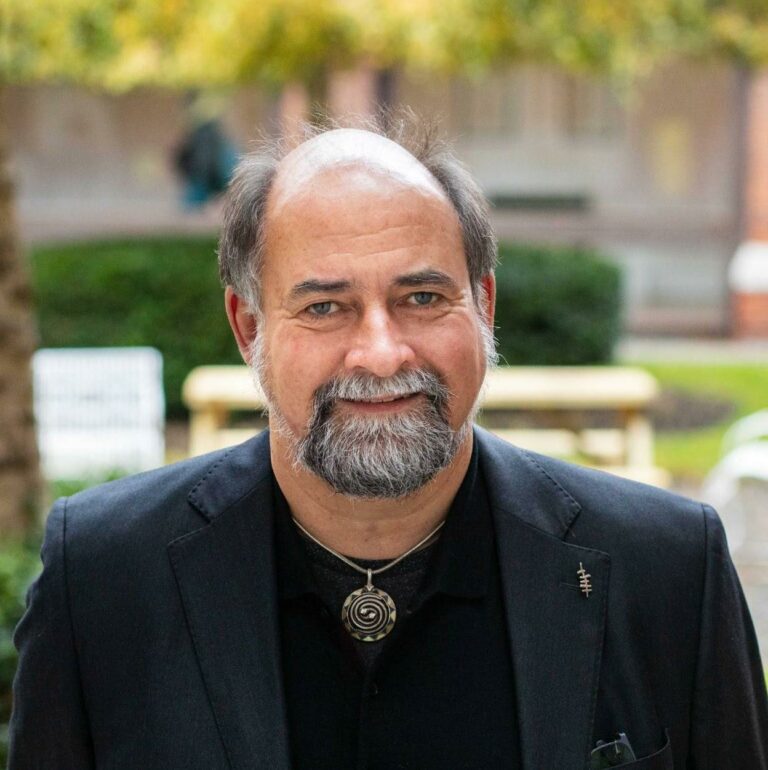
Mathias Urban
Mathias Urban, PhD, is Desmond Chair of Early Childhood Education, Director of the Early Childhood Research Centre (ECRC) at Dublin City University, Ireland, and Professor (II) of Pedagogy at the University of Stavanger, Norway. He works on questions of integrated early childhood systems, diversity and equality, social justice, and professionalism in diverse socio-cultural contexts.
Mathias is the lead author of the 2018 (Argentina), 2019 (Japan), 2020 (Saudi Arabia), 2021 (Italy), 2022 (Indonesia), and Brazil (2024) G20/T20 early childhood development, education and care policy briefs. He is a member of the European Commission expert working group on Early Childhood Education and Care, of the Global Advocacy Group with the global Right to Education initiative, and a board member of the Think Tank for Action on Social Change (TASC).
In his 1925 book Sisyphus or the limits of education Austrian psychoanalyst Siegfried Bernfeld defined education as the ‘sum total of societal reaction to the fact of ontogenetic development’. This suggests education begins at birth, education is more than schooling, and education is political. One century on, as we approach the second quarter of the 21st century, those propositions still hold. However, the world has changed profoundly with young children being most affected by a perfect storm of mutually reinforcing, self-inflicted, existential crises: Climate catastrophe, loss of biodiversity, pandemics, displacement and forced migration, war and violence, poverty, erosion of democracy, and the general disastrous consequences of global capitalism and neoliberalism.
The world we live in today is characterised by complexities, contradictions, and uncertainties of unprecedented scale. Yet, the very foundations of our professional educational engagement with the youngest children, their families and communities appear stuck in a time-loop of 20th century certainties–about ‘best’ practices, ‘effective’ policies and predeterminable, ‘measurable’ outcomes.
In my presentation I suggest we, early childhood educators–must urgently interrogate what we hold for true in our educational work with young children, in practice, policy, and research. What does ‘society’ and ‘community’ mean in our world, ‘development’, or ‘learning’? How can we, collectively, and in solidarity, work to not just react to a dramatically changing world, but to proactively bring about change for the better, for justice, equity, and sustainability? I explore these questions drawing on recent and ongoing research. Together we must–and can–, I argue, fundamentally re-think, and re-claim the purpose of early childhood education for our times from a radical position of concrete hope and capability.